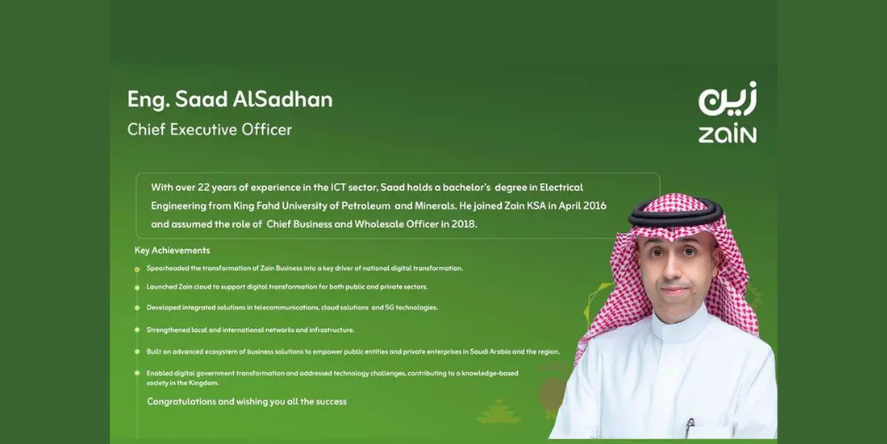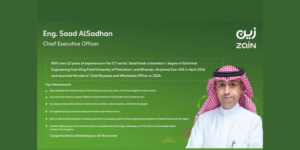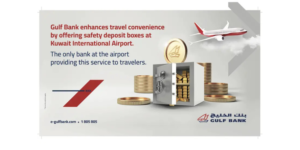In today’s competitive business environment, achieving ISO certification is a significant milestone for organizations striving for excellence, efficiency, and customer satisfaction. The International Organization for Standardization (ISO) develops and publishes standards that ensure products, services, and systems are safe, reliable, and of good quality. However, the process of understanding and implementing these standards can be complex. This is where ISO expert guidance becomes essential.
What are ISO Standards?
ISO standards are internationally recognized frameworks that provide specifications and guidelines for various aspects of business operations. They cover a wide range of areas, including quality management (ISO 9001), environmental management (ISO 14001), information security (ISO 27001), and many others. Each standard aims to help organizations improve their processes, enhance customer satisfaction, and achieve compliance with regulatory requirements.
The Complexity of ISO Standards
1. Diverse Standards and Requirements
ISO has developed over 23,000 standards across numerous industries. Understanding which standard is applicable to your business and how to implement it effectively can be daunting. Each standard has unique requirements that vary based on industry, size, and operational complexity.
2. Detailed Documentation
ISO standards require comprehensive documentation to demonstrate compliance. This includes policies, procedures, and records that must be meticulously maintained. Many organizations struggle with the volume and specificity of documentation needed, which can lead to confusion and errors.
3. Continuous Improvement
ISO certification is not a one-time achievement; it involves a commitment to continuous improvement. Organizations must regularly audit their processes and make necessary adjustments. This ongoing requirement can be overwhelming without proper guidance.
Why Expert Guidance is Essential
1. Knowledge and Experience
Experts in ISO standards possess extensive knowledge and experience in navigating the certification process. They understand the nuances of different standards and can provide insights into best practices. This expertise is invaluable in avoiding common pitfalls that can derail your certification efforts.
2. Tailored Solutions
Consultants can assess your organization’s specific needs and tailor their approach accordingly. They help identify the most relevant standards for your business and develop customized strategies to meet those standards. This personalized guidance ensures that your organization is not just compliant but also positioned for success.
3. Efficient Implementation
Implementing ISO standards can be time-consuming. Experts streamline the process by providing structured methodologies and tools. They can help establish clear timelines, allocate resources effectively, and ensure that all team members are aligned with the goals of the certification process.
4. Training and Development
Consultants often provide training for your staff to ensure they understand the standards and their roles in achieving compliance. This empowerment fosters a culture of quality and continuous improvement within the organization.
5. Objective Assessment
An external consultant offers an impartial perspective on your business operations. They can objectively assess your processes, identify weaknesses, and recommend improvements without the bias that internal teams might have. This objective analysis is critical for achieving genuine compliance and enhancing overall performance.
6. Risk Management
Expert consultants also play a crucial role in identifying and mitigating risks associated with non-compliance and operational inefficiencies. By implementing ISO standards effectively, organizations can enhance their risk management strategies, ensuring they are better prepared to handle potential challenges.
How to Find the Best ISO Consultant
1. Identify Your Needs
Before searching for a consultant, clearly define your organization’s specific needs and goals regarding ISO certification. Understand which ISO standard you want to pursue and what challenges you face in achieving compliance.
2. Research Qualifications and Experience
Look for consultants with relevant certifications and extensive experience in your industry. Verify their track record of successfully guiding organizations through the ISO certification process.
3. Check References and Case Studies
Request references from past clients and review case studies to understand the consultant’s approach and effectiveness. Positive feedback from similar organizations can provide insights into their capabilities.
4. Evaluate Communication Skills
Effective communication is crucial for a successful consulting relationship. Assess how well the consultant explains complex concepts and whether they take the time to understand your business.
5. Consider Cultural Fit
Choose a consultant whose values align with your organization’s culture. A good cultural fit can enhance collaboration and ensure that the consultant’s recommendations are embraced by your team.
6. Review Service Offerings
Different consultants may offer varying levels of support, from initial assessments to full implementation and ongoing maintenance. Choose one that provides the services that best meet your needs.
7. Discuss Fees and Contracts
Clarify the consultant’s fee structure and ensure it aligns with your budget. Understand the terms of the contract, including any additional costs that may arise during the engagement.
8. Schedule a Consultation
Finally, schedule a preliminary consultation to discuss your needs and gauge the consultant’s approach. This meeting can help you determine if they are the right fit for your organization.
By following these steps, you can find an ISO consultant who will guide you effectively through the certification process, ensuring that your organization achieves and maintains compliance with the relevant ISO standards.
Blog Received on Mail




















